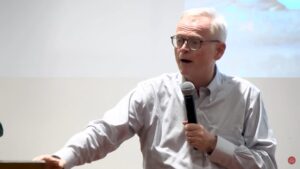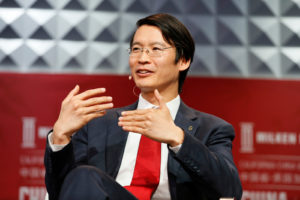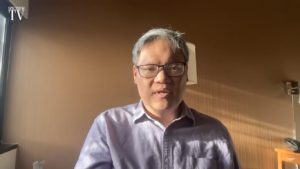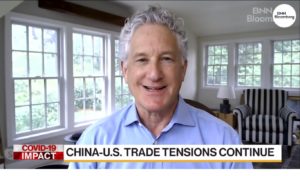
In a surprise move, China canceled the annual press conference of the country’s premier. But long-term correspondent and author Ian Johnson explains in the VOA why he thinks the foreign correspondents stopped looking forward to the event.
VOA:
Starting in 1993, Chinese premiers have typically used the annual event as an opportunity to field wide-ranging questions from Chinese and foreign journalists. Throughout the 1990s and 2000s, when China was opening its economy to the rest of the world, it had actively sought to elucidate its politics and policies in a bid to attract foreign investment and boost trade.
Ian Johnson, a senior fellow for Chinese studies at the Council on Foreign Relations, who worked in China as a journalist from 1994 to 2001, said that foreign journalists at that time could use the press conferences to ask questions freely.
Later, “it went from being a potential source of information to becoming an empty exercise in propaganda,” he said. “By the end of the 2010s, it had become useless in terms of getting information. It’s just scripted.”
Ian Johnson is a speaker at the China Speakers Bureau. Do you need him at your meeting or conference? Do get in touch or fill in our speakers request form.
Are you looking for more media experts at the China Speakers Bureau? Do check out this list.






